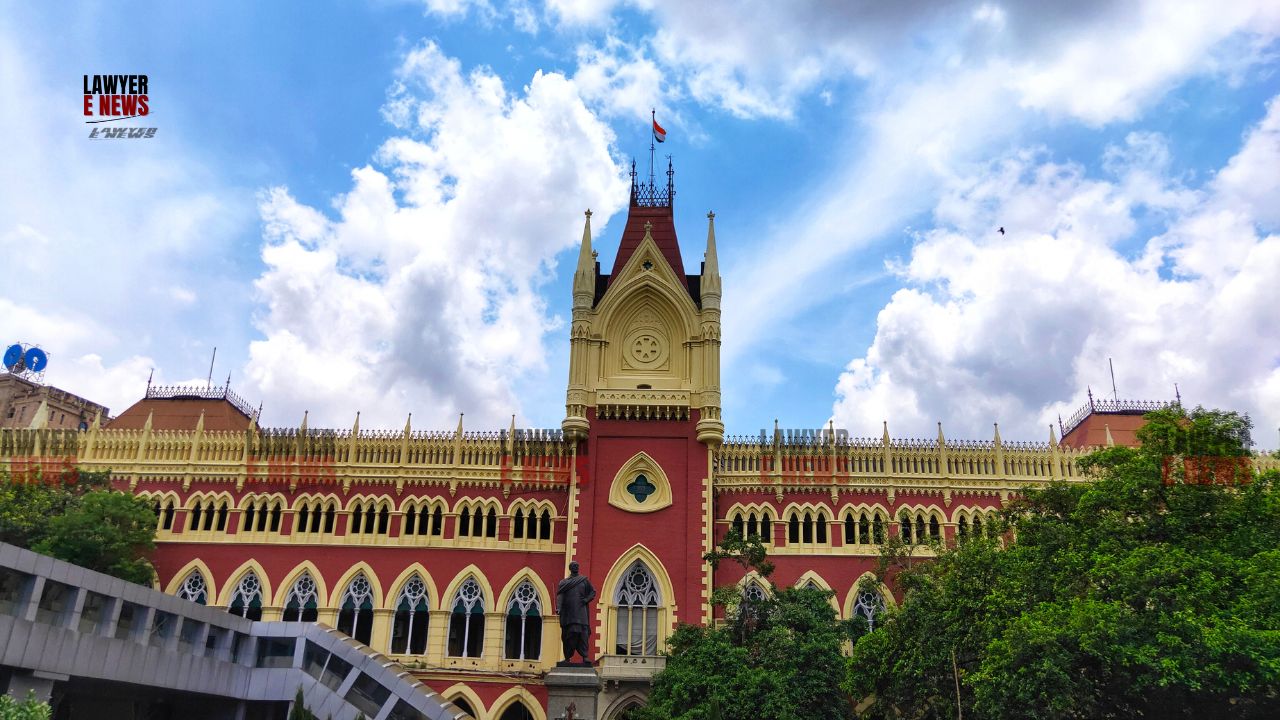-
by Admin
16 February 2026 1:47 PM



The Calcutta High Court dismissed a civil revision application challenging a Trial Court’s order that permitted urgent repair work on a disputed property. The petitioners had objected to the repairs, arguing that it altered the status quo of the case and interfered with their property rights. However, the High Court upheld the Trial Court’s decision, emphasizing that courts must prioritize public safety over procedural objections and that judicial interference is not warranted unless there is a manifest failure of justice.
The dispute stemmed from a property case initially filed in 1985 as T.S. No. 265 of 1985, later renumbered as T.S. No. 132 of 2006, where the plaintiffs sought declaration, injunction, and possession over the suit property. A status quo order had been in effect, restraining any alterations to possession. However, in March 2021, the defendants filed an application under Section 151 of the Code of Civil Procedure (CPC), stating that the supporting pillars of the building had become dangerously weak and could collapse at any time. They requested permission to carry out essential structural repairs to prevent a disaster.
The plaintiffs objected, contending that allowing such repairs would give the defendants undue advantage and affect the outcome of the suit. The Trial Court, in its order dated 6th September 2024, permitted the repairs but imposed strict conditions: both parties and their lawyers had to be present, and an Advocate Commissioner was appointed to oversee and document the work.
The petitioners challenged this order before the Calcutta High Court, invoking Article 227 of the Constitution of India. However, the High Court refused to intervene, stating that the Trial Court had acted responsibly in ensuring that the repairs were carried out transparently without affecting the rights of the parties.
Justice Ajoy Kumar Mukherjee, delivering the judgment, observed, “If an order allowing the repair of the supporting pillars is not passed, then in the rainy season, both the plaintiffs and the defendants will suffer irreparable loss of life and property. Such a situation cannot be allowed to happen, as it would be unjust and would render the very purpose of the suit infructuous.”
The court further noted that the Trial Court’s decision was a well-balanced one, carefully ensuring that the plaintiffs' rights were not prejudiced while addressing an imminent safety hazard. The Advocate Commissioner’s report, filed on 3rd October 2024, confirmed that the repair work had been completed in the presence of police personnel, ensuring full compliance with judicial directions.
Dismissing the petition, the High Court stressed that judicial interference under Article 227 must be exercised only in cases of gross miscarriage of justice. It stated, “Exercise of power under Article 227 is restricted to cases of serious dereliction of duty and flagrant violation of fundamental principles of law or justice. If the High Court does not interfere, a grave injustice must remain uncorrected. In the present context, no such situation has occurred.”
The court ruled that the impugned order neither suffered from illegality nor procedural impropriety and, therefore, did not warrant intervention. "The Trial Court acted prudently in preventing a possible catastrophe. Courts cannot be blind to real-world consequences in the name of legal technicalities," the judgment remarked.
With this decision, the Calcutta High Court reaffirmed that procedural objections cannot override urgent matters of public safety and that courts must exercise judicial discretion pragmatically to ensure that justice is not reduced to a rigid, technical exercise.
Date of decision: 21/02/2025
